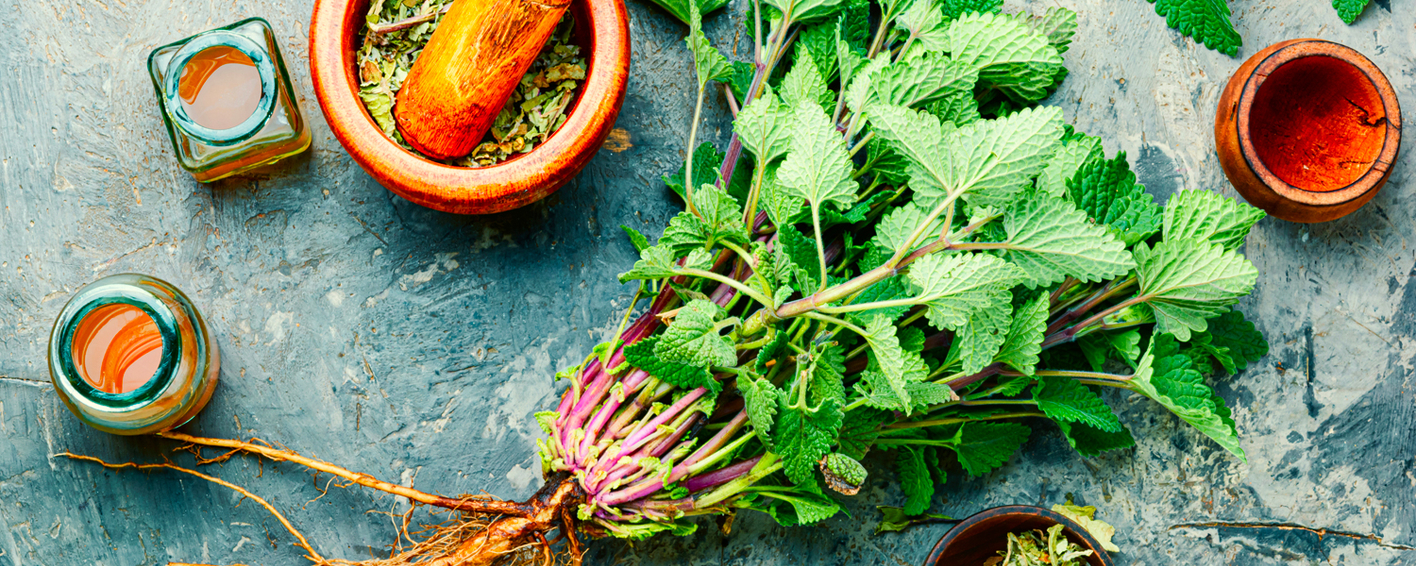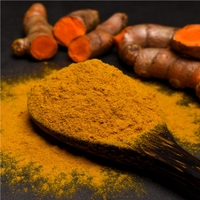
Recent evidence published in Phytotherapy Research indicates that Melissa officinalis (lemon balm) may be safe and effective for improving anxiety and depression symptoms, particularly in the acute setting (1).
A systematic review and meta-analysis including 10 randomised controlled trials involving 632 participants compared placebo or standard medication against various lemon balm preparations, with doses ranging from 300 mg to 5,000 mg per day. The duration of lemon balm administration varied from a single dose to 56 days.
In this meta-analysis, lemon balm was shown to significantly reduce mean depression and anxiety scores compared to placebo. Subgroup analysis showed statistically significant results for acute anxiety. Lemon balm was well tolerated by participants, with no significant adverse events reported.
The shortest duration of oral lemon balm therapy that improved anxiety disorders was 5-7 days (2,3). A single oral dose of 300 mg in healthy individuals improved state anxiety scores and memory performance at 1 and 3 hours post-intervention (4). However, to improve depression symptoms, more extended periods of between 10 days and 8 weeks were required (5,6).
Only one included study compared lemon balm to standard medication. In this study, lemon balm (1,000 mg, twice daily) was as effective as fluoxetine (10 mg twice daily) for improving depression scores in patients with mild to moderate depression and had fewer side effects than the antidepressant medication (6).
Lemon balm's anxiolytic and antidepressant effects are attributed to its phenolic and flavonoid constituents, mainly rosmarinic acid. In animal studies, rosmarinic acid has been shown to upregulate gamma-aminobutyric acid (GABA) by inhibiting the enzyme GABA transaminase (GABA-T) (7) and reduce serum corticosterone levels, potentially contributing to the reduction in anxiety (8). The antidepressant action of rosmarinic acid may occur via effects on the serotonergic pathway (9) and hippocampal brain-derived neurotrophic levels (10). In addition, lemon balm’s other bioactive constituents may offer neural protection due to their anti-inflammatory and free radical scavenging actions (11).
The findings of the current meta-analysis are limited by the high level of statistical heterogeneity between studies. However, given lemon balm's long history of traditional use for anxiety and depression and promising results from human clinical trials, further studies using standardised extracts are warranted to determine the effective dose and treatment duration in clinical and sub-clinical populations.




